Recently I've encountered a rather odd dictionary behaviour.
Sub DictTest()
Dim iDict As Object
Dim i As Integer
Dim strArr() As String
Set iDict = CreateObject("Scripting.Dictionary")
strArr = Split("Why does this happen ? Why does this happen over and over ?", " ")
For i = LBound(strArr) To UBound(strArr)
iDict(strArr(i)) = strArr(i)
Next
End Sub
The output is iDict populated with 7 items:
 But whenever I add watch:
But whenever I add watch:

It adds an empty item to a dictionary:

Why does adding a watch expression create an empty item in the dictionary?


